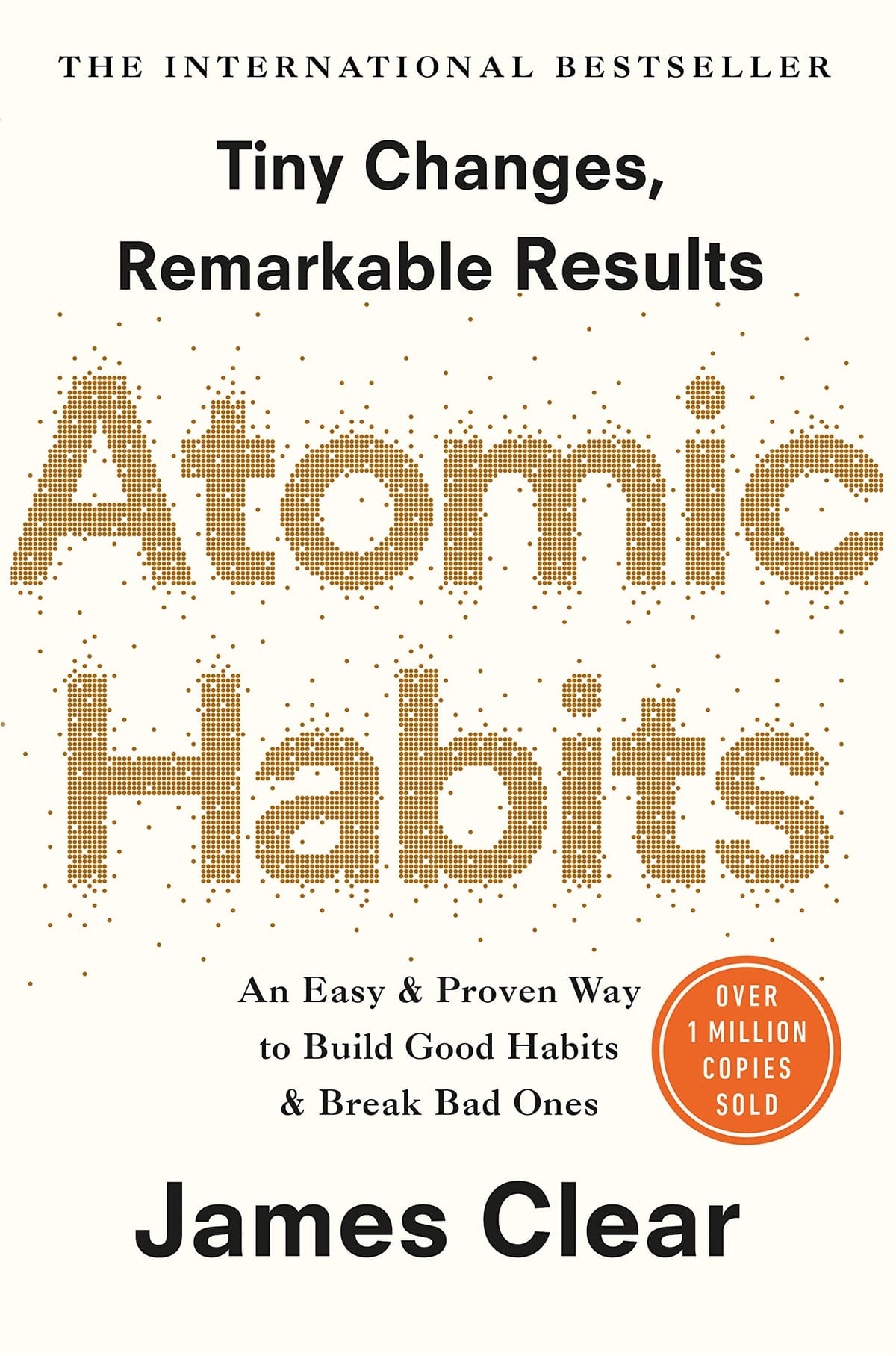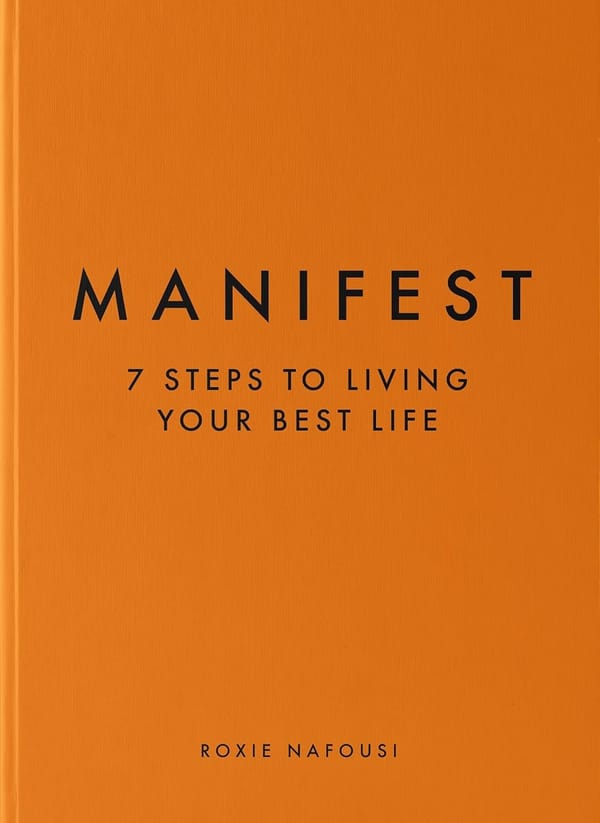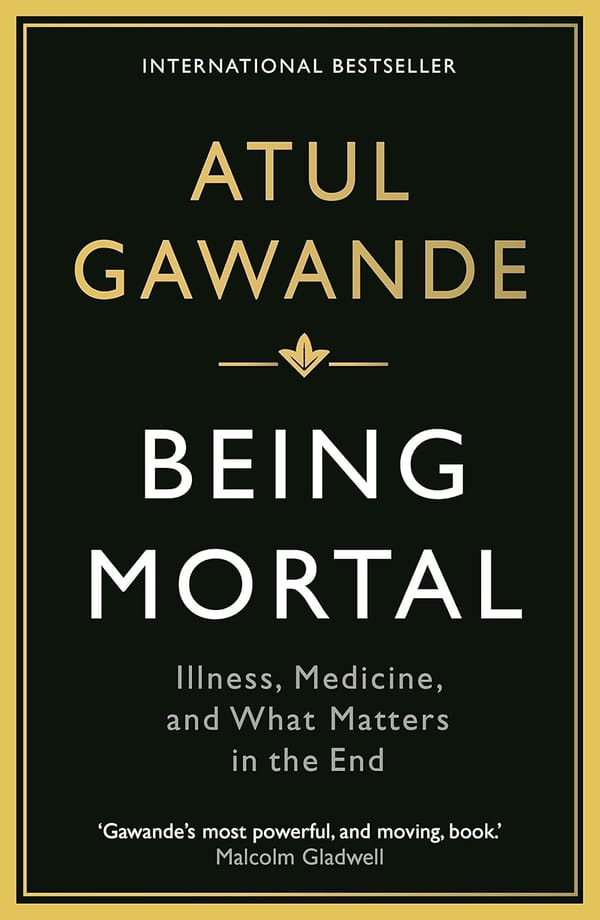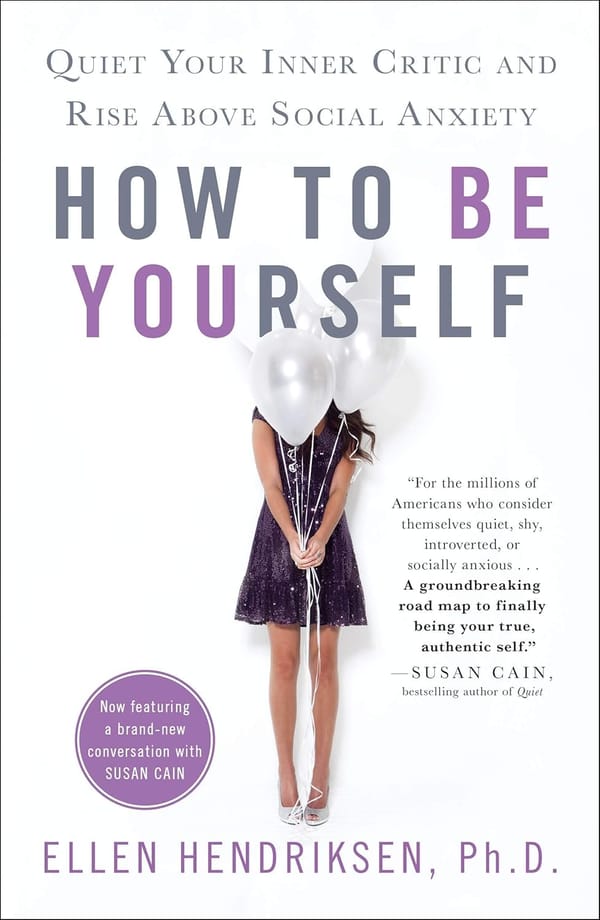Atomic Habits

By James Clear
This book has given me a new framework on continuous self-improvement. I am often put off by the idea that I need a drastic change to get rid of some of my most stubborn and toxic lifestyles. But what James has told us is that you don't need a drastic change. What you need is small but consistent good habits. By formulating the one-time good changes into the good habits, you are multiplying the effect of the good changes - and that is ground-breaking to me.
Another brilliant idea is that habits are the cognitive automation. You want to automate your thinking and decision making as much as possible. By forming good choices into habits, you are freeing up your brain from making these choices (and fighting with tempting bad choices). I realised why I so often feel the exhaustion going about my life, as every decision I make, especially the good initiatives, I put so much thought into it, rather than automating my thinking with habits.
The is the book that I have the longest actions list taking out of it. I highly recommend it to anyone who wants to form a system that provides you continuous, life-long self-improvement.
The Book in 3 Sentences
- Tiny changes repeated in consistency can compound to a big difference.
- The most effective habit changes come from your identity change.
- To build better habits you need to reduce the frictions of applying the habits.
Actionable Takeaways
- Track and list all my current habits (a) Make a prediction to my trajectory. (b) Make a Habit Scoreboard: mark the ones I want to keep and the ones I want to break.
- Write down who I want to become (identity) → list the new habits that can lead me to become this person.
- Design the new habits (a) so that the rewards are irresistible to me (new things, new skills, new events, new identities). (b) Involve as many automation in my repetitive tasks as possible (e.g. YouTubing).
- Design my 100 day challenge by breaking the habits down to 2min, 5min, 10min, 20min and 30min, 5 phases.
- Write down my implementation intention: (a) [situation X arises] ⇒ [perform habit Y]. (Like my No Buy Year Rules). (b) [perform habit] at [time] and [location]. (c) Insert new habit into existing habits: [habit A] (auto) ⇒ [habit B] (new) ⇒ [habit C] (rewarding)
- Design my 5-phase habit trackers. Stick them to different rooms (where the habits will happen).
- Make it public and make myself accountable.
Get the book from Amazon UK.
Summary + Notes
What is an atomic habit?
A tiny change, a marginal gain, a 1% improvement, and part of a larger system.
Compound effect of habits
- The effect of small habits compound overtime. Good habits makes time your friend. Bad habits makes time your enemy.
- Don't let "Valley of Disappointment" get to you. Your effect is not wasted but the outcomes are lagged.
Habits matter more than once-in-a-lifetime transformation
- You are what you repeat.
- It doesn't matter with where you stand now. What matters is your trajectory.
Forget about goals, focus on systems instead
- Winners and losers have the same goals.
- Solving problems at the results level is temporary.
In order to improve for good, you need to solve problems at the system level. Fix the inputs and the outputs will fix themselves.
- Focus on the process rather than the product, so you don't have to wait to give yourself permission to be happy. You can be satisfied anytime your system is running.
- When all of your hard work is focused on a particular goal, what is left to push you forward after you achieve it?
Identity ←→ Habits
- The most effective way of habit changing is identity-based (your beliefs, worldview, self-image, your judgement about yourself and others. You take pride of the new YOU, and you'll fight to maintain your habits.
Direction of change matters: Identity → process → outcomes.
- Your identity can conflict with the new habit you try to form, whether being the cultural identity you buy into (e.g. boys are smarter than girls) or the self-image you repeat to yourself many times (e.g. I'm just a late person).
- To have life-long continuous improvement, don't be too attached with one aspect of your identity.
Progress requires unlearning. Becoming the best version of yourself requires you to continuously edit your beliefs, and to upgrade and expand your identity.
- Your habits also reinforce your identity. Each habit teaches you to believe you can accomplish these things.
How habits free you up
- Habits = Cognitive automation
Habits reduce cognitive load and free up mental capacity, so you can allocate your attention to other tasks (like thinking and creativity).
Habits = Cue→Craving→Response→Reward
- How you interpret a "cue" is completely up to how you wire your beliefs and judgement (identity). Associate good habits with positive meanings/experience and bad habits with negative meanings/experience.
- Response = Motivation - Friction. Key is to reduce the friction.
Tips
- Redesign your surroundings: (a) Increase exposure to positive cues & reduce exposure to negative cues; (b) Reduce the friction to reaching out to the good habits.
- One space, one use.
- Reset the room after use ⇒ prime the environment for next use.
- Join a culture where (1) your desired behaviour is the part of the norm and (2) you already have something in common.
- The most effective form of learning is practice, not planning. Start with repetition, not perfection.
Focus on taking action, not being in motion. Motion makes you feel like you're getting things done. But really, you're just preparing to get something done. Don't let preparation becomes a form of procrastination.
- Implant the mindset: how to achieve more with less effort.
In the beginning, when you're motivated and excited, you can muster the strength to get started. But after a few days. such a massive effort feels exhausting.
- When you start a new habit, it should take less than 2 minutes to do. The most important thing to form a new habit is to show up. You can improve and envolve the habit only after you successfully established it.
The Two-Minute Rule can seem like a trick. The key is to always stay below the point where it feels like work. It's crucial to show up when you don't feel like it, even if you do less than you hope.
- Create a habit contract. Make the costs of your bad habits public and painful.




